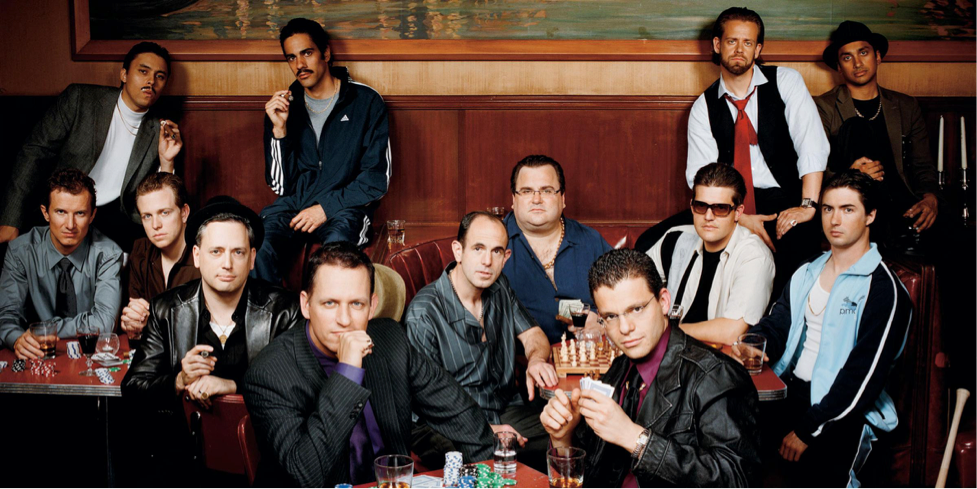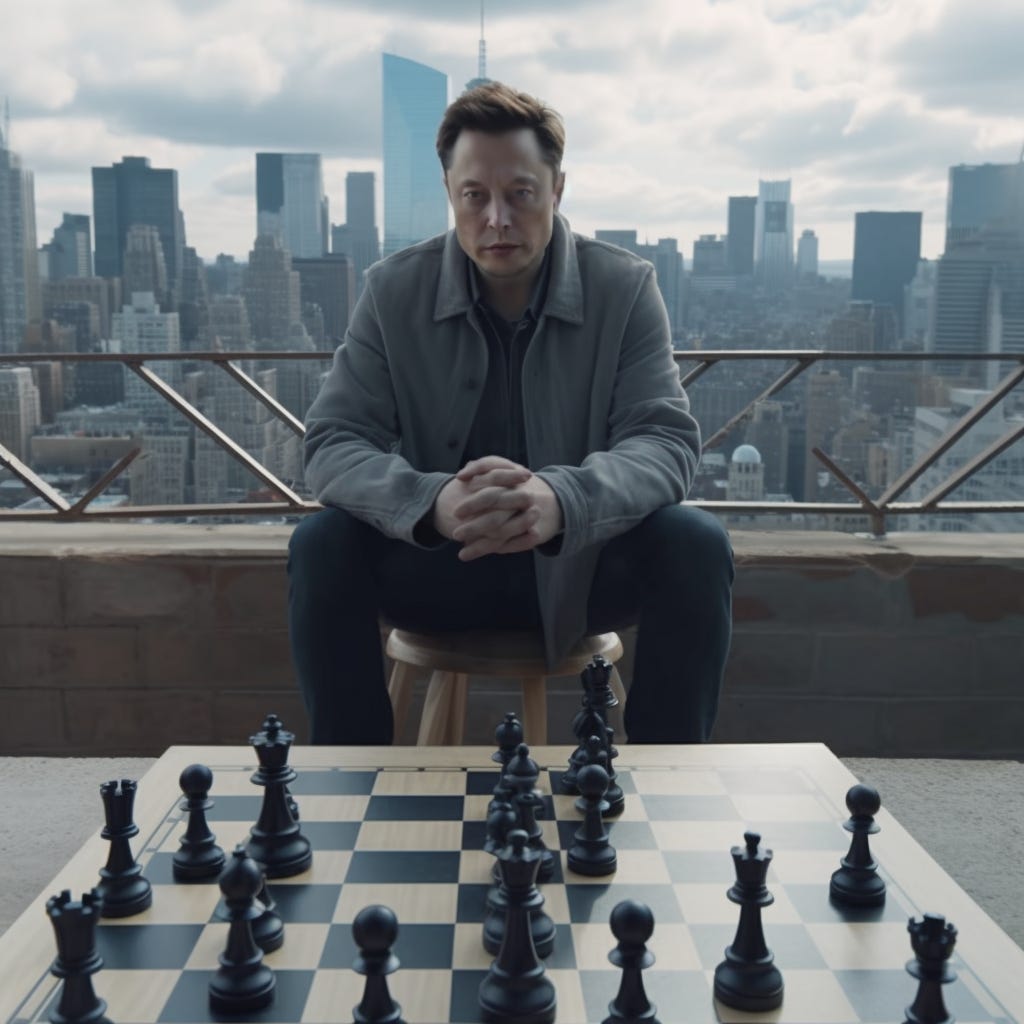Introduction
Paypal was created by an elite group in 1998 and has changed the world of online payments.
While the company itself has been a wild success with a valuation of over $65 billion, the most remarkable part about the PayPal story is what happened with the team after PayPal.
The founding members have gone on to be one of the most powerful groups of people in the world when it comes to business, technology and growth.
Below is a brief list of founders/executives and some of their accomplishments.
Over $1 trillion dollars in businesses and investments
A quick look at the creations of the PayPal team after they founded one of the most successful payment companies in the world. Each of the founders listed below has gone on to create exceptional companies and many have helped change the world.
Peter Thiel, a PayPal cofounder and former CEO, who now runs one of the most successful investment firms, is the author of Zero to One and cofounder of Palantir
Elon Musk: Largest private investor in Paypal and former CEO. Later ran the following companies: Tesla, Boring Company, Owner of Twitter, Space X
David O. Sacks, former PayPal COO who later founded Geni.com and Yammer
Roelof Botha, a former PayPal CEO who later became a partner of venture capital firm Sequoia Capital1.
Steve Chen, a former PayPal engineer who co-founded YouTube
Reid Hoffman, a former executive vice president who later founded LinkedIn and was an early investor in Facebook
Russel Simmons, a former PayPal engineer who co-founded Yelp Inc.
Jeremy Stoppelman, former vice president of technology at PayPal who later co-founded Yelp Inc.
Yishan Wong, former engineering manager at PayPal, later worked at Facebook and became CEO of Reddit
Chad Hurley, former PayPal web designer who co-founded YouTube
Jawed Karim, a former PayPal engineer who co-founded YouTube
Factors that have contributed to the subsequent success of the PayPal founders
Entrepreneurial Mindset: Many of the founders wanted to continue to build their own companies.
Strong Network: The PayPal team built a strong network during their time at PayPal, which they leveraged in their subsequent ventures.
Experience and Knowledge: The experience they gained while building PayPal gave them invaluable insights into how to scale a tech company. They could apply this knowledge directly to their new ventures.
Innovation and Technology: Many of the PayPal team have consistently been at the forefront of technological innovation, from Elon Musk's advancements in electric vehicles and space travel, to Peter Thiel's work in data analytics with Palantir. Their ability to anticipate and drive tech trends has been a significant factor in their success.
Financial Resources: The sale of PayPal to eBay for $1.5 billion in 2002 provided them with significant financial resources. They were able to invest this capital into new ventures, both as founders and angel investors.
Access to Information: Knowing the most advanced technologies.
Market Understanding: The PayPal team showed a keen understanding of market needs and trends. They identified gaps in the market and built products and services to fill those gaps, from LinkedIn's professional networking to Tesla's electric vehicles.
Momentum: Positive momentum and virtuous cycles.
Conclusion
The key to extreme success is often combining multiple positive attributes in a way that allows them to compound each other. The team at PayPal is arguably the most successful group of entrepreneurs to come out of a single company in the last century.
Cheers
Josh Bobrowsky
Skybrook Founder & CEO




Talk about a real A team! Great summary and lessons Josh!